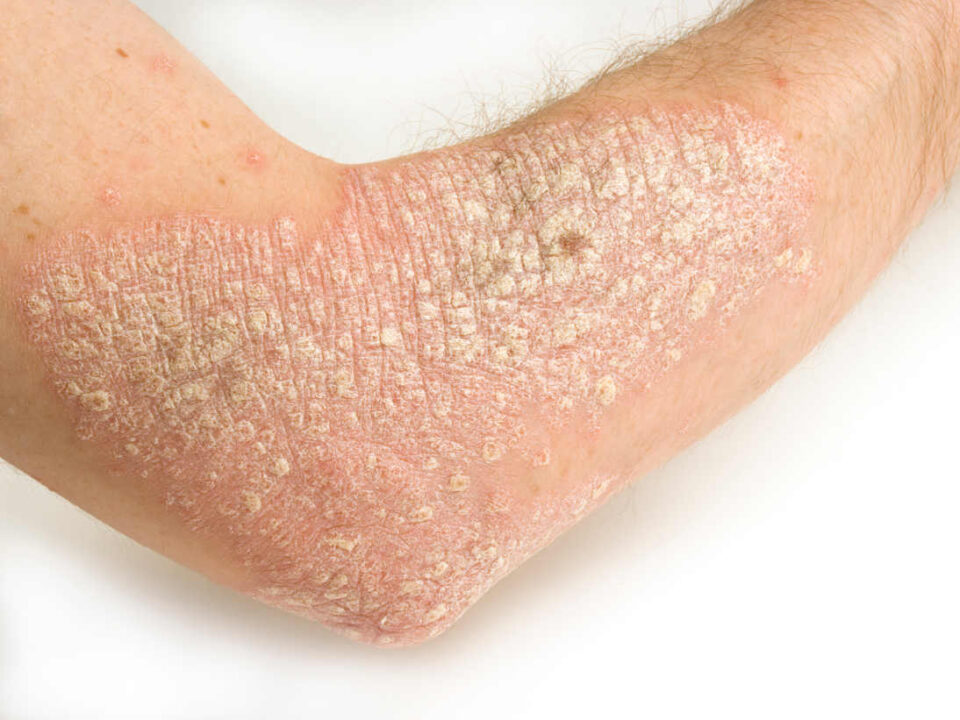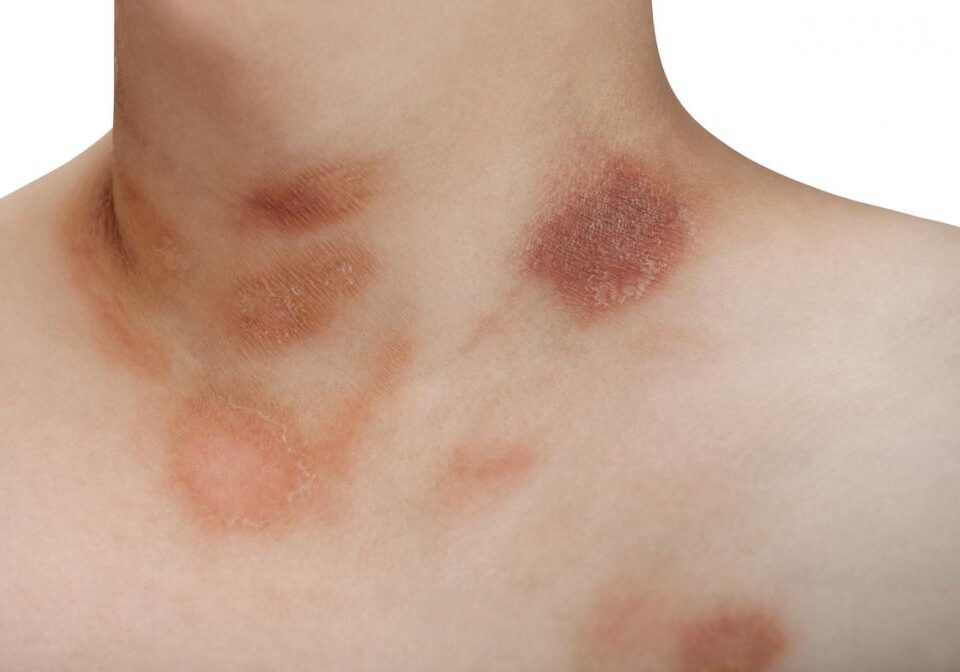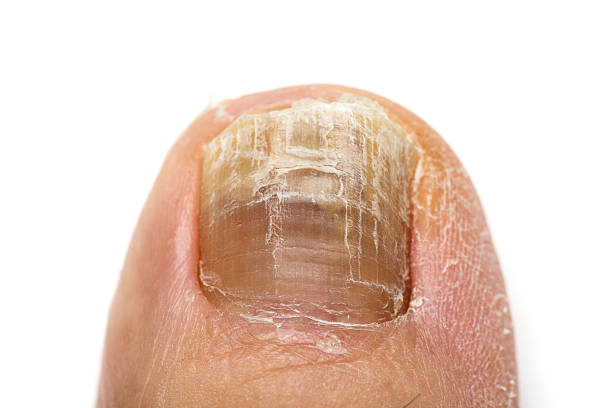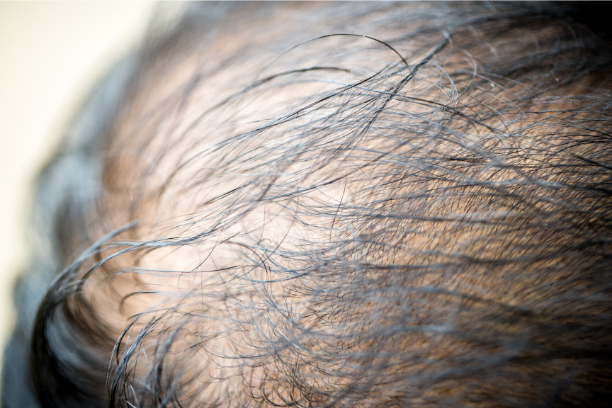
Eczema/Dermatitis
13 September 2022
Tinea
13 September 2022Acne is a skin disorder that affects the sebaceous glands (acne vulgaris) and/or the underlying blood vessels (rosacea) of the skin. Sebaceous glands are cells full of lipid called sebum. Sebum is discharged by sebaceous glands to lubricate and waterproof the skin, protecting it from drying. It is also mildly antibacterial and antifungal.
Hormones known as ‘androgens’ stimulate sebaceous gland activity. At birth we get a surge of our mother’s androgens, stimulating sebaceous gland activity for a short time after birth. At puberty a surge of androgens produces a sudden increase in sebum secretion and sets the stage for acne.
Acne vulgaris, rosacea, acne fulminans, pyoderma faciale, acne excorie, mature-onset from, acne conglobate, neonatal and infantile acne are some of the variants of the disease. Each of these variants may be classified as mild, moderate or severe.
Prevalence and Types
Nearly all teenagers will experience Acne vulgaris, usually starting between the age of 12 and 14 years, which may be earlier in girls. The peak age for severity is 16-17 years in girls and 17-19 years in boys.
Infantile acne is rare, more common in males and may persist for up to 3 years. It is triggered by stimulation of the baby’s sebaceous glands by it’s mother’s androgens.
Acne conglobate is a severe form of acne marked by inflamed papules, nodules and cysts, often with open comedones (blackheads) or closed comedones (whiteheads). It can lead to scarring and pigmentation if left untreated.
Acne fulminans is a rare variant in which acne conglobate is accompanied by fever, joint pains and an increased erythrocyte sedimentation rate (ESR), a marker for inflammation.
Acne excorie (excoriated) is most common in young girls and occurs from excessive picking or rubbing of the skin.
Mature-onset acne occurs mainly in women and can be caused by hormonal imbalance – androgens, but also thyroid hormones and growth hormone may be implicated. Polycystic ovarian syndrome is a risk factor for developing this type of acne due to raised androgen levels.
Rosacea affects the face of adults, usually women but can also occur in men. It usually peaks in the thirties and forties but can happen in the young or old. It can coexist with acne. It is more common in those prone to flushing attacks which can set off skin inflammation.
Pyoderma faciale or Rosacea fulminans typically affects younger women and is not associated with flushing. It usually starts suddenly and can be quite severe with large, painful red bumps, pustules and sores on the cheeks, chin and/or forehead.
Causes or triggers
A number of biological processes, triggers and risk factors may be responsible for acne:
- In adolescents, puberty and genetics can cause androgen, sebum and growth hormone levels to peak
- Polycystic Ovary Syndrome can cause acne in mature women due to increased androgens
- Hormone fluctuations during pregnancy, breastfeeding, and menstruation
- The proliferation of the bacterium Pripionibacterium acnes
- Genetics can play a part with about 50% cases presented having a family history
- Topical agents such as cosmetics, creams, helmets and shirt collars causing irritation and allowing bacteria to enter the skin
- Environmental triggers like sun exposure, cold or hot weather, wind, hot baths
- An inflammatory diet high in sugar, greasy foods, spicy foods and/or alcohol
- Lack of exercise and thus lack of healthy detoxification
- Emotional stress and the psychological impact of the acne itself
Our approach
Regardless of the type of acne or the age of onset acne can be painful, can contribute to negative self-image and self-esteem and can be difficult to manage on a day to day basis.
Acne can be caused by many factors thus the Integrative Dermatology approach to treating acne is holistic at its essence. We use safe, topical agents and cleansers to help support healthy skin, while hormonal fluctuations, underlying infections, dietary, environmental and lifestyle triggers are identified and addressed.
At Auckland Skin Clinic, we’re aware that having a chronic skin disorder can be very frustrating, embarrassing and depressing. We are also aware that it often requires some major effort on your part to change your habits and adopt a healthy lifestyle. We do our best to ensure your emotional wellbeing is supported throughout this process.












